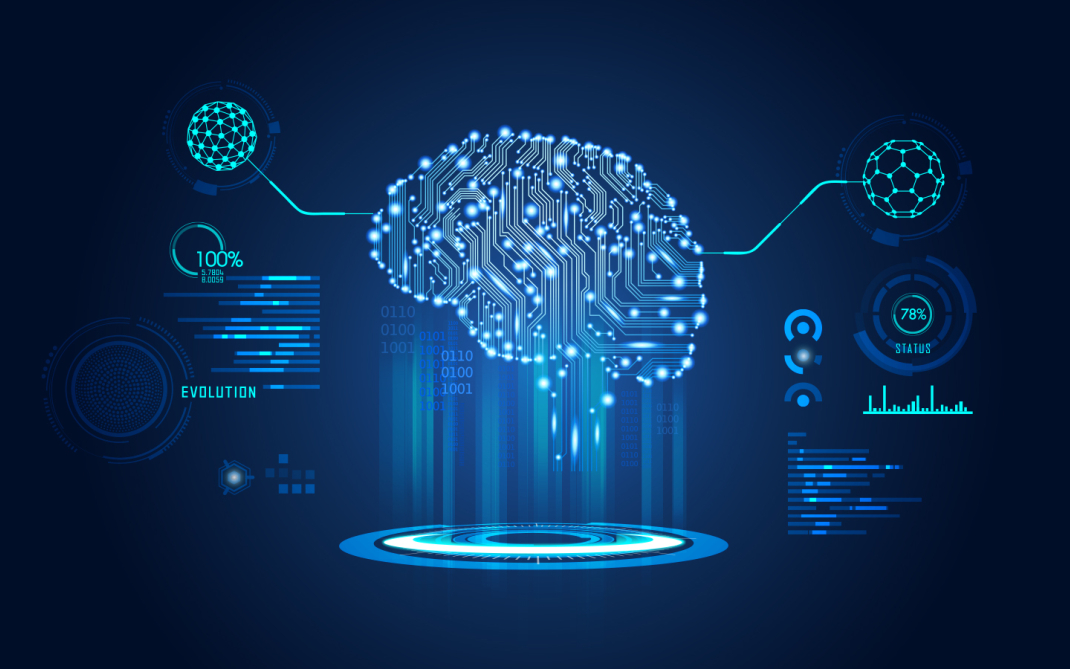In recent years, exponential technologies such as Big Data, Blockchain, IoT, and Artificial Intelligence have completely revolutionized all industries and sectors, marking a before and after. At Singularity Experts, we were fully aware from the beginning of the tremendous impact that this last technology, in particular, would have on the world of employment. In fact, the World Economic Forum quantifies that 58 million new jobs will be created by AI between 2018 and 2022. This is the reason why in our mapping of future jobs, we have more than 200 new jobs related to artificial intelligence.
"As institutions and the business ecosystem undergo digital transformation, and applications related to artificial intelligence and big data become more relevant, specialized technical profiles in those areas and management profiles capable of efficiently implementing the applications become necessary," says Dr. Lorena Blasco-Arcas, Associate Professor of Marketing and Academic Director, MSc in Marketing & Digital Media, at ESCP Business School.
But these changes in the world of work must be reflected in the academic world. If we don't educate students in these new technologies, how will we have qualified professionals to work in these new jobs? Until now, the university academic field had not yet echoed these changes at the undergraduate level, only being present in postgraduate and master's degrees. Until now.
The 2020-2021 academic year finally presents us with 3 new university degrees where Artificial Intelligence is the protagonist. Instead of pursuing a degree in Computer Engineering or Software Engineering and complementing the training with a master's degree in Artificial Intelligence, students can now specialize in this technology from the very beginning of their university life.
The University of the Basque Country (UPV/EHU) is offering its Degree in Artificial Intelligence for the first time this year, with 40 available spots in the first year. Some of its highlighted subjects include Data Structures and Algorithms, Machine Learning and Neural Networks, and Social Robotics, among others. The new degree had a cut-off grade of 11.824 in its first edition, higher than other engineering degrees such as the Degree in Electronic Engineering.
On the private education field, IE University has introduced the Degree in Computer Science and Artificial Intelligence this year. This degree will be taught at both the Segovia and Madrid campuses and will be 100% in English. Among the subjects, there are complementary topics with other exponential technologies such as Blockchain, Cryptocurrencies & Fintech, or Robotics & Automation. In addition, students will have 5 optional specialization tracks:
- Application: Bioinformatics and Digital Health
- Application: Biometrics, Bionics & Wearables
- Application: Cybersecurity & Ethical Hacking
- Application: Financial Trading Algorithms & Models
- Application: Extended Realities & Interactive Media
These specialization tracks are 100% compatible with some of our future jobs, such as Artificial Intelligence Analyst for Intelligent Pharmaceuticals, Artificial Intelligence Expert for Information Systems Automation, or Artificial Intelligence User Experience Expert in Wearables.
Lastly, also in the private sector, the University of Deusto offers the new Data Science and Artificial Intelligence Degree at its Bilbao campus. The degree is taught in a bilingual modality and currently has 45 spots for new students. In this case, subjects like Data Visualization are mixed with others like Deep Learning or Civic and Professional Ethics. This degree also includes an international mobility program with over 90 universities worldwide.
It seems that this is one of the first steps to integrate new technologies into undergraduate studies, and there are still more to come, like the degree that CEU will launch next year in partnership with Microsoft. We will see in the following years if new careers appear in the technological field and if the ones currently available extend to new universities and training centers, such as the new technology-focused Vocational Training programs that will be implemented in the 2021-2022 academic year.
